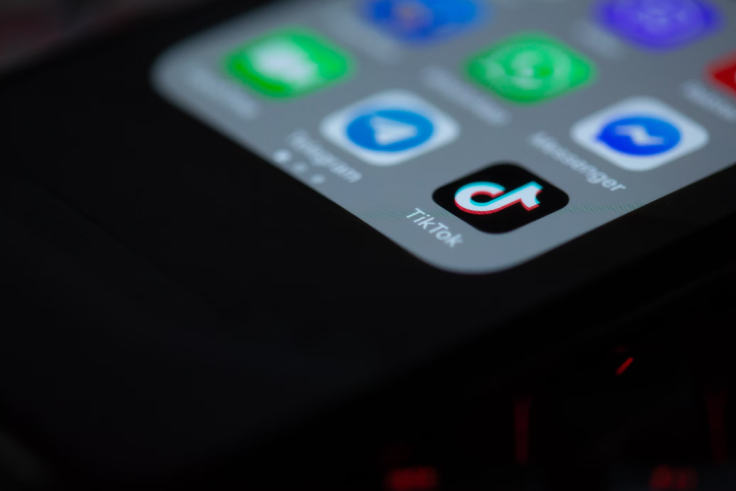Texas TikTok Ban Prevents Academic Freedom; Professors Unable to Pursue Studies About App
ByIn a recent decision, US District Judge Robert Pitman upheld Texas' ban on the use of the Chinese-owned short video app TikTok by state employees, including those working in public universities.
The Knight First Amendment Institute at Columbia University had filed a lawsuit in July, contending that the ban in Texas hindered academic research related to TikTok. Judge Pitman, however, rejected the suit, asserting that the ban was motivated by data protection concerns. This decision comes amid a broader national debate on the regulation of TikTok, with over 30 states and various federal agencies having imposed restrictions on its use on government devices.

The Texas Ban
The primary argument behind Texas' ban on TikTok is centered on data protection. According to Judge Pitman, the state's restriction aims to safeguard sensitive information from potential misuse or compromise. Public university faculty and other state employees are still permitted to use TikTok on their personal devices as long as these devices are not connected to state networks. This nuanced approach distinguishes Texas from other states like Montana, which attempted a blanket ban on TikTok but faced legal obstacles.
Montana's attempt to implement a comprehensive TikTok ban, scheduled to start on January 1, was halted by a different US judge who ruled that the state overstepped its constitutional boundaries. The judge contended that the ban violated the First Amendment free speech rights of both the company and its users. This decision emphasizes the delicate balance between safeguarding national interests and respecting constitutional rights, echoing the ongoing nationwide debate on TikTok's role in the United States.
TikTok's Legal Battles
TikTok has been entangled in legal battles across the country, with the company suing Montana in May to block the state's ban. TikTok argued on various grounds, including the violation of its First Amendment rights and those of its users. This highlights the complexity of regulating social media platforms and the constitutional challenges that arise when attempting to restrict their usage.
National Security Concerns
The broader context of these legal battles is the global concern over TikTok's ownership by China-based ByteDance, the world's most valuable startup. More than 30 states and various federal agencies, including influential entities like the White House, Department of Defense, Department of Homeland Security, and the State Department, have banned TikTok on government devices. Congress further mandated a TikTok ban on federal devices in December 2022, although exceptions exist for national security, law enforcement, and security research activities.
TikTok's Global Reach and Denial
With over 150 million users in the United States alone, TikTok's influence is undeniable. However, its ownership by a Chinese company has raised concerns globally about its proximity to the Chinese government and the potential misuse of user data. TikTok has consistently denied any improper use of US data and has implemented measures to address these concerns, but the skepticism remains.
The legal landscape surrounding TikTok in the United States is multifaceted, reflecting the intersection of national security, data protection, and constitutional rights. The contrasting decisions in Texas and Montana highlight the ongoing struggle to strike a balance between safeguarding sensitive information and upholding the principles of free speech. As TikTok continues to navigate these legal challenges, the broader implications for the regulation of social media platforms and the protection of user data will undoubtedly shape the future of digital governance in the United States.
© 2025 University Herald, All rights reserved. Do not reproduce without permission.








